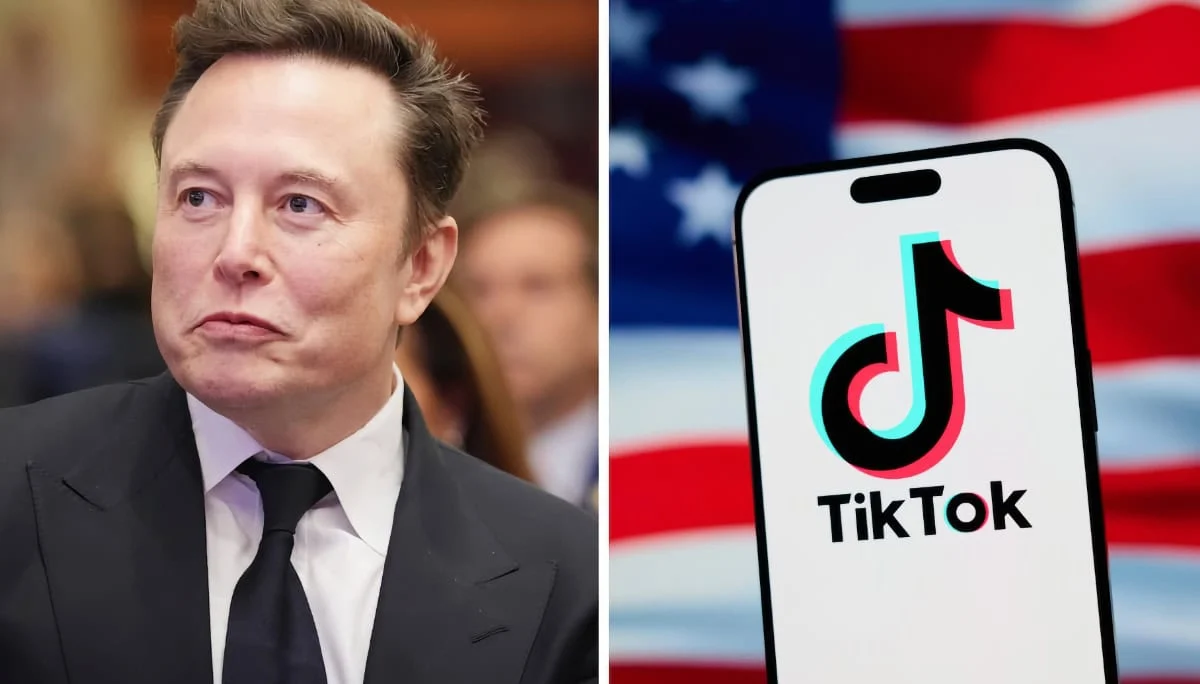The Chinese government is reportedly exploring the possibility of selling TikTok’s U.S. operations to prevent the app from facing an outright ban, Bloomberg News revealed on Monday. The move is part of contingency plans being considered as the U.S. Supreme Court deliberates on legislation that would force ByteDance, TikTok’s parent company, to divest its U.S. operations by January 19.
This potential sale is seen as a response to growing pressure from U.S. authorities, who have raised national security concerns over ByteDance's ownership of TikTok. The legislation would penalize third-party internet service providers for supporting TikTok’s operations if the company fails to comply with the divestment order.
Why China Might Consider Selling
The idea of selling TikTok’s U.S. operations is driven by fears that the platform could face an effective ban, which would impact its 150 million American users and disrupt ByteDance's global operations. Bloomberg reported that one proposed solution involves Elon Musk acquiring TikTok's U.S. business, allowing the app to continue functioning under Musk’s oversight alongside X, his other major tech enterprise.
This proposal is just one of several options under discussion. According to anonymous sources, Chinese officials are debating TikTok's future as part of broader negotiations with U.S. authorities, including incoming President Donald Trump. The plan remains preliminary, with no official confirmation of whether ByteDance or TikTok is directly involved in the discussions.
TikTok Responds to the Speculation
TikTok has denied the reports of potential sales, calling them baseless. In an email to CNBC, a TikTok spokesperson stated, “We can’t be expected to comment on pure fiction.” Similarly, X, Elon Musk’s company, has not responded to requests for comment on the matter.
TikTok has long maintained that it operates independently of the Chinese government. The company has argued that banning the app would violate the First Amendment rights of its millions of users in the U.S. and has reiterated its commitment to safeguarding user data and maintaining transparency.
Supreme Court Deliberations
Last week, the U.S. Supreme Court held oral arguments about the legislation that could enforce TikTok's divestment. The Biden administration has argued that ByteDance’s ownership poses a national security risk, citing concerns that the app could be used for spying or political influence.
TikTok’s legal team countered these claims, emphasizing the lack of evidence linking the app to the Chinese government and asserting that the law infringes on free speech rights. However, the Supreme Court appears inclined to side with the government, making it likely that ByteDance will be required to sell TikTok's U.S. operations or face a ban.
Trump’s Role in the Debate
Adding another layer to the unfolding drama, President-elect Donald Trump has expressed his interest in resolving the issue through political means. Although he previously advocated for a TikTok ban during his first administration, Trump has recently softened his stance. He has urged the Supreme Court to delay implementing the ban until after his inauguration on January 20, allowing him to negotiate a resolution.
Trump’s evolving position appears to align with discussions involving ByteDance investors. Notably, he met with billionaire Jeff Yass, a major ByteDance stakeholder, in recent weeks. These developments suggest that behind-the-scenes negotiations are ongoing to address the challenges facing TikTok in the U.S.
What’s Next for TikTok?
As the January 19 deadline approaches, the fate of TikTok’s U.S. operations hangs in the balance. Whether through a sale, a negotiated compromise, or a court ruling, the outcome will have far-reaching implications for the social media giant, its users, and the global tech landscape.
SOURCE: CNBC, BBC | PHOTO: MEZHA
Read More






 Saturday, 24-01-26
Saturday, 24-01-26







